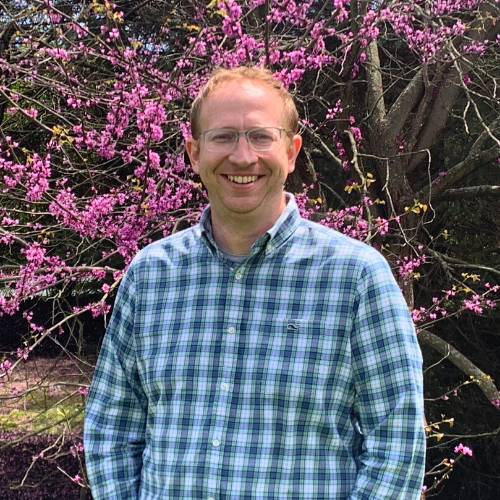What does it mean to be an exile? The concept isn’t really around anymore (at least not in modern day Western society), but it was used routinely in ancient times as a form of punishment and for captives of war. The person would be removed from and barred from re-entry to their native land. This morning, probably just like you, I woke up in a place in which I choose to live, in my own home, and made my own free choices about how I would spend my day. With how my life works, I sure find it hard to identify with the life of an exile. But, should that really be the case?
About 600 years before the time of Jesus, the prophet Jeremiah wrote to God’s people as they were exiles in various parts of the Babylonian empire. He sends a letter from Jerusalem to give God’s commands to his people as to how they should live as exiles in these unfamiliar places, even in captivity. His message is surprising:
These are the words of the letter that Jeremiah the prophet sent from Jerusalem to the surviving elders of the exiles, and to the priests, the prophets, and all the people, whom Nebuchadnezzar had taken into exile from Jerusalem to Babylon … It said: “Thus says the LORD of hosts, the God of Israel, to all the exiles whom I have sent into exile from Jerusalem to Babylon: Build houses and live in them; plant gardens and eat their produce. Take wives and have sons and daughters; take wives for your sons, and give your daughters in marriage, that they may bear sons and daughters; multiply there, and do not decrease. But seek the welfare of the city where I have sent you into exile, and pray to the LORD on its behalf, for in its welfare you will find your welfare.” Jeremiah 29:1, 4-9.
Despite the fact that Nebuchadnezzar conquered Jerusalem and took the people into exile, God says he was the one who did it. This means it is not without purpose as our Lord is purposeful in all he does, even when we don’t understand. Isaiah 55:8-9. Also, God calls on the exiles to seek the good of the city—to live as if they will stay there and to become a family with those who are there. This is utterly shocking. These are the people responsible for their plight of captivity! No matter, says God. He says they should engage with them, live with them, and love them. He wants them to live as a testimony to his name among the people of the world in their current context.
In the early days of the Church, Peter wrote to Christians living in the Greek world. “To those who are elect exiles … according to the foreknowledge of God the Father, in the sanctification of the Spirit, for obedience to Jesus Christ and for sprinkling with his blood: May grace and peace be multiplied to you.” 1 Peter 1:1-2. Peter addresses them as exiles, not because they are captive in a foreign land—they are not—but because they belong to God by grace through faith in Christ. They live in the present world and wait for the day that God will call them home to heaven or else restore his perfect Kingdom on earth at the end of history.
What does any of this have to do with us? Everything. Just like Peter’s readers then, we go about our lives in this world—carrying on as parents, employees, neighbors and more—but we are not yet in our final home as we await Christ’s glorious return. We are exiles. So what should we do? We should do exactly what Jeremiah advised the exiles in the Babylonian empire to do. In our time, Christians are increasingly choosing either to blend in with the world or to withdraw from it.
In our time, Christians are increasingly choosing either to blend in with the world or to withdraw from it.
Instead of either of those errant paths, we must “seek the welfare of the city” where God has sovereignly placed us. This will involve making friends with our non-Christian neighbors and co-workers and becoming part of their lives. It means listening to them, meeting their needs and pointing them to Jesus. This will also involve letting them in to our lives by showing them that we are works in progress by God’s grace. We must not withdraw or put up a facade. And finally, this will involve engaging in the community so as to treat it with care, just as we would if it were our final home. We have many ways to do this as part of NAPC, whether in or near both New Albany and Linden.
Think about your current context. God has uniquely prepared and “exiled” you to have the precise impact on the people and the community around you that only you can have for his glory and our joy. If we all do that, we’ll continue to see him work as lives are changed by Jesus Christ!
Until our Lord returns,
Pastor Ken

